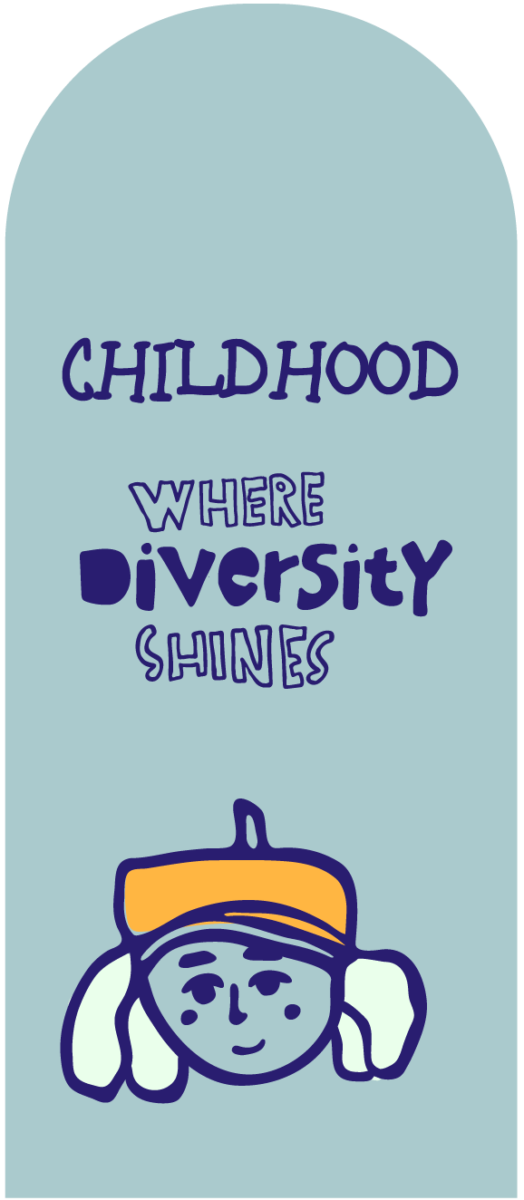
Childhood (6 to 11 years):
Blossoming Individuality and Broadening Horizons
The period from 6 to 11 years, known as middle childhood, represents a crucial phase of transition and expansion in human development. Children leave early childhood behind and enter preadolescence, a time of consolidation and growth.
Children within the autism spectrum go through a pivotal stage where their development solidifies, and new opportunities arise to stimulate their progress.
While challenges in social communication and a preference for routines may persist, many autistic children show significant improvements with appropriate support and interventions during these years.
Continuous speech and occupational therapies, programs to reinforce interpersonal skills and emotional management, as well as strategies to cope with sensory sensitivities, are fundamental pillars.
The school environment is central for academic learning and practicing social skills with peers, requiring adapted curricula and trained teachers’ support.
This phase offers an optimal time to discover exceptional talents and interests in areas like music, arts, mathematics, or sciences, which can turn into future vocations. With consistency, patience, and teamwork among families, therapists, and educators, childhood from 6 to 11 years can lead to significant advancements and joys for children within the spectrum.
Here, you will find articles, tools, and recommendations that will be very helpful in navigating this developmental stage.

Childhood
(6-11 Years)
